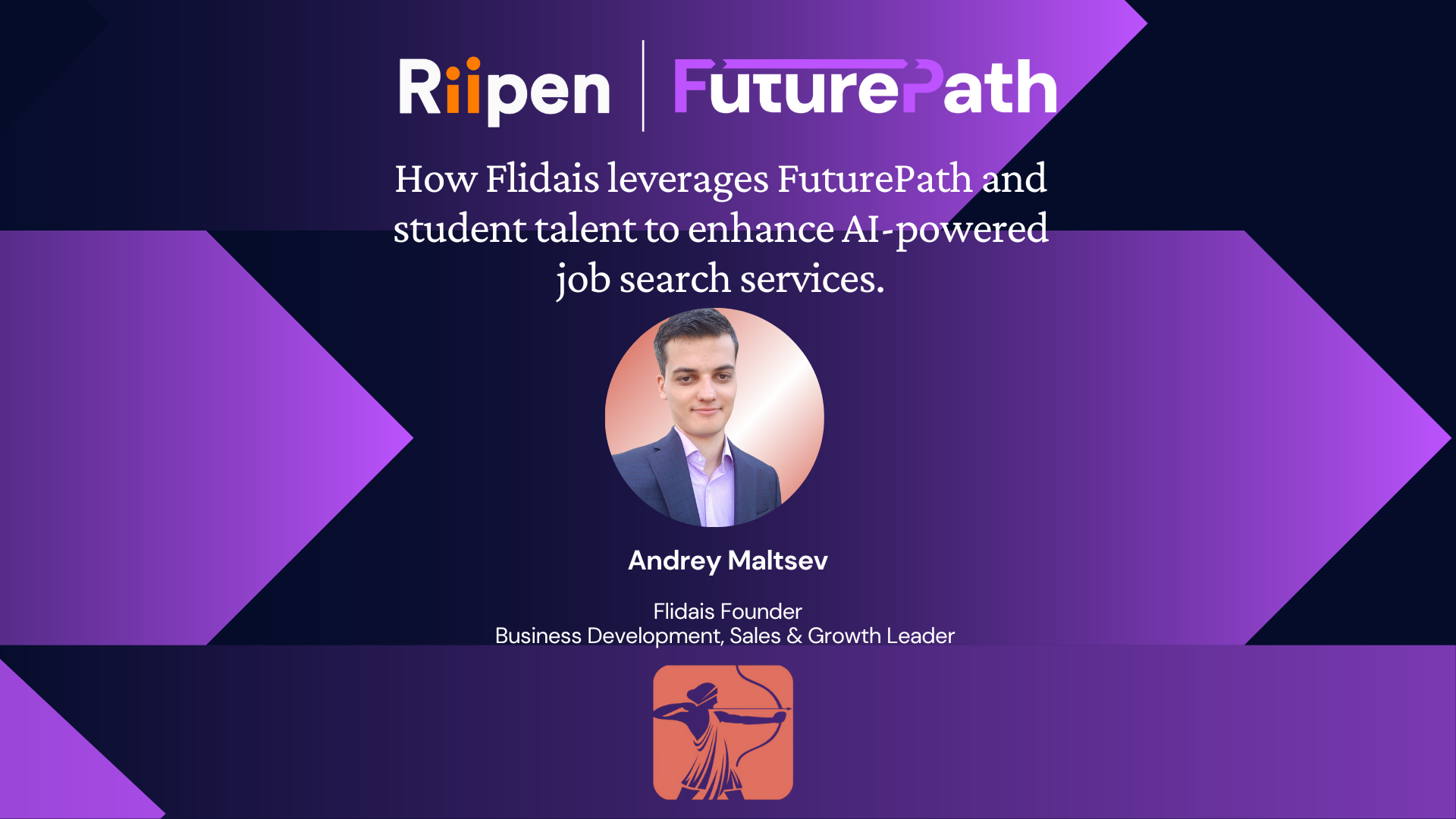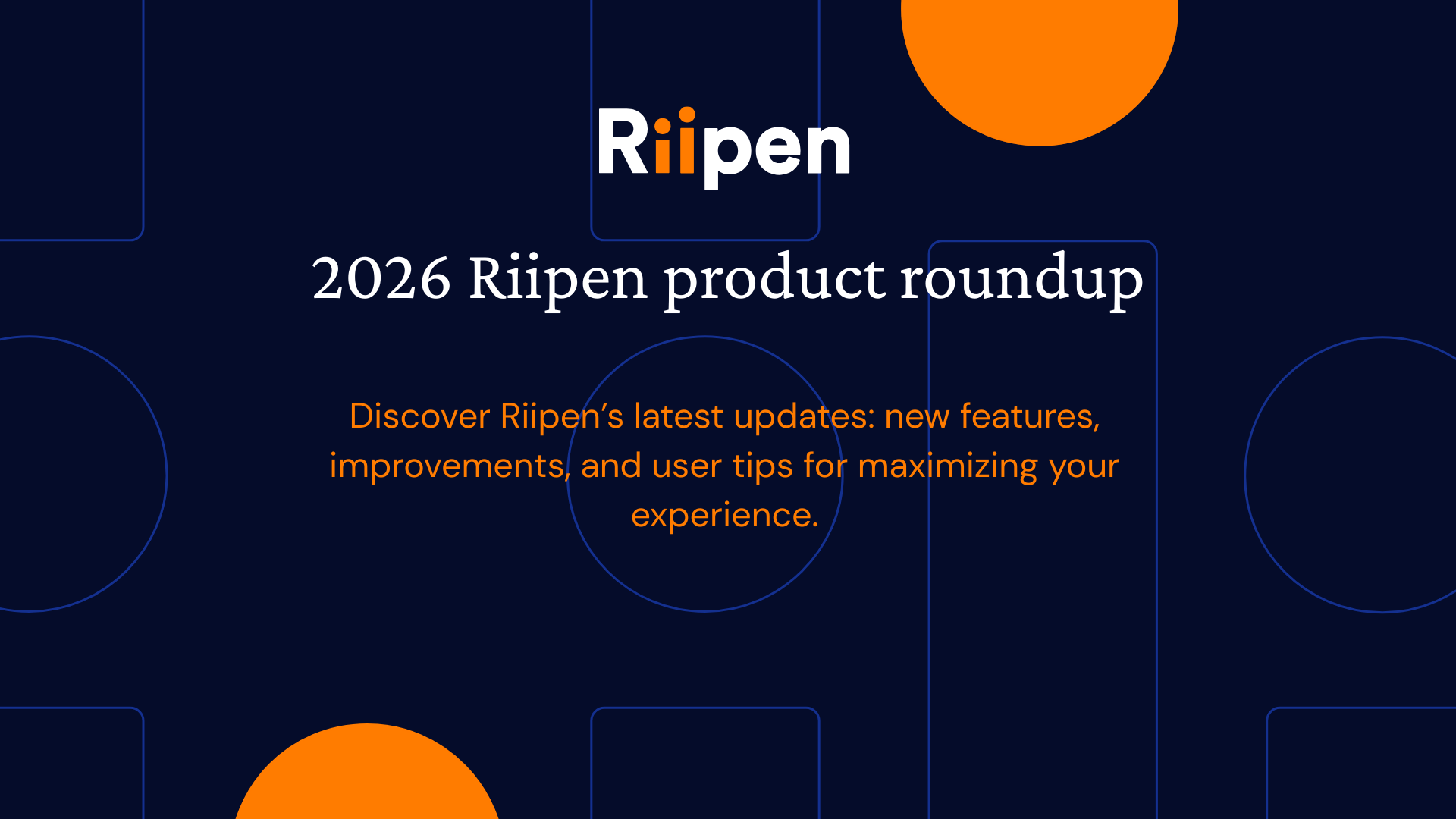
The institution
The University of North Dakota (UND) is the state's oldest and largest university. UND offers 225+ highly accredited on-campus and online degrees as well as hundreds of non-credit courses and programs.
.png)
The Work-Based Learning champion
As UND's Vice Provost for Strategic Programming & Special Initiatives, Jeff Holm assists the President, Provost, and Deans to expand flexible and accessible educational opportunities for UND’s current and future students, while also ensuring that the necessary services supporting such expansion are in place.
Genesis of the partnership
One of UND’s strategic objectives is for every student to have 2 or 3 “high impact experiences'' upon graduation. However, because of its rural location, UND’s faculty has limited access to local businesses and companies that they can partner with for integrating work-based learning projects in their programs. The fact that Riipen has the ability to provide equitable access for students to work with real employers from various geographies was a highly attractive notion for the institution. The availability of pandemic relief funds and a mandate to provide 'high impact experiences' to their students, supported the cause further and UND in partnership with Riipen rolled out course-embedded work-based learning into their online programs.
The challenge
The COVID-19 pandemic was a challenging time for academic institutions and UND was no different. The pandemic immediately impacted faculty members’ workloads and most of them had to move their courses online, mentor students in need, rework university programs and address other concerns. Encouraging faculty to integrate Riipen’s work-based learning platform into their curricula was one such challenge that Holm encountered.
Measuring success
The implementation started with those faculty members who were already incorporating some form of work-based learning in their courses and Riipen allowed them to do so more efficiently and with ease. The institution also saw acceptance from those educators who had always wanted to incorporate work-based learning but hadn't had the means to do so.
Says Holm, “Right now we’re seeing great individual adoptions - one educator using it in a department, another educator in another department. Our next step is to help faculty embed work-based learning in their program's curriculum. Students would then build career skills in a staircase fashion as they progress through their program. We believe this model of integrating work experiences into the classroom will improve students' experiences and job placements for our graduates."

The future of Work-Based Learning at UND and beyond
Says Holm, “If we really want to help students to be prepared for the workforce and meet the employer demands, we have to take a look at the academic program itself, rather than just sending students to work individually with a company. The academic curriculum needs to reflect the in-demand skills that businesses want. The only way for educators to know whether what they’re teaching in the classroom is preparing their students for jobs, is by establishing ongoing relationships with companies. Employers help faculty ensure that their curriculum is relevant to students and meets the demands of the workforce. Historically, curriculum changes have happened slowly - what we need are experiences that fuel change and bring in elements that are relevant to the present day economy.”
--
About Riipen
As the world's largest online work-based learning marketplace, Riipen makes it easy for higher education institutions and industry partners to collaborate on flexible project-based experiential learning opportunities embedding real-life business challenges directly into the curriculum. To learn more about our innovative work-based learning platform and how working with Riipen can result in improved student engagement and student employability outcomes, click here.










.png)




























